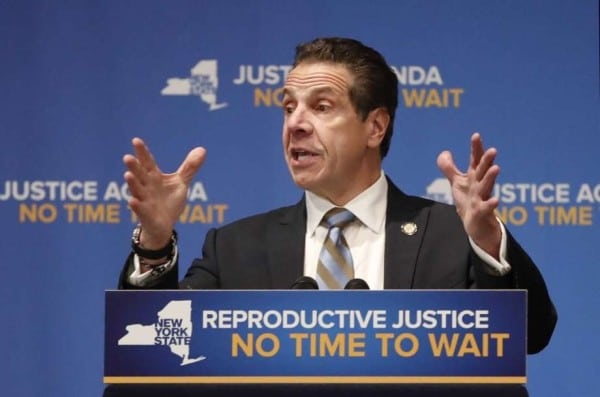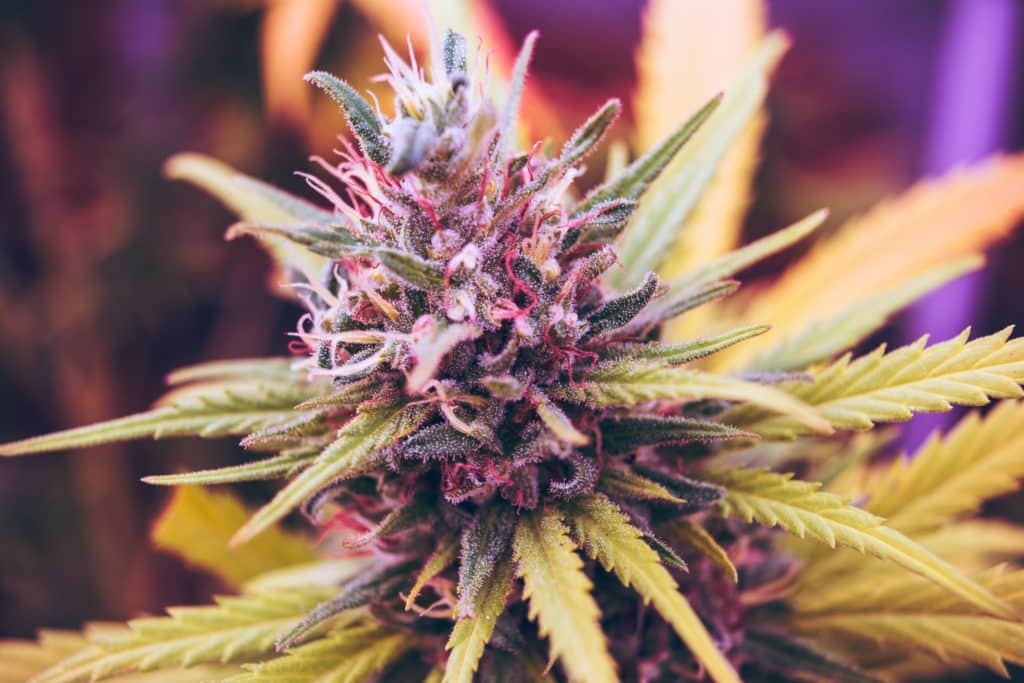
In his State of the State message on Jan. 15, 2018, New York’s three-term Governor Andrew Cuomo outlined the details of his proposed Cannabis Regulation and Taxation Act.
In addition to the usual pronouncements in favor of public health and safety through strict regulation, Cuomo said New York’s legal cannabis program would promote social equality by reducing racial disparities in criminalization and incarceration rates, including expungement.
“Let’s create an industry that empowers the poor communities that paid the price and not the rich corporations that come in to make a profit,” said Cuomo.
Of great interest to industry insiders was the governor’s proposal of a three-tier distribution model for the recreational market, in which the state would issue separate licenses for producers, distributors and retailers, and bar producers from also owning retail outlets.
That aspect of the governor’s proposal may not go down well with the 10 organizations licensed to grow, cultivate, manufacture and sell medical marijuana in New York.
While this model is similar to that of alcohol, it differs from the vertical integration model currently used by New York’s medical marijuana industry, in which a registered organization is permitted to control the process from seed to sale.
Ari Hoffnung, CEO of Vireo Health, which operates four medical marijuana dispensaries in New York, said in a statement that he’s wary of the governor’s three-tier distribution model. Hoffnung called for more study to ascertain what “impact this legislation will have on our vertically integrated medical marijuana program, in which companies cultivate, process and dispense these life-changing products.”
Small business advocates say this is a good thing, as it gives more space for new companies to enter the market.
The proposed program would limit the number of producers and retail dispensaries to guard against a market collapse, encourage equity through craft growers and cooperatives, and provide technical assistance, training and incubators to enable and encourage communities hit hard by the war on drugs to participate.
The governor’s plan prohibits New Yorkers from growing at home except in the case of medical marijuana, a provision many advocates say is necessary to ensure access to patients in view of the high cost of products in dispensaries and lack of insurance coverage.
The bill would create a new Office of Cannabis Management (OCM) to centralize licensing, enforcement and economic development functions into one entity.
The governor’s proposal now heads to the Senate and Assembly for debate.





